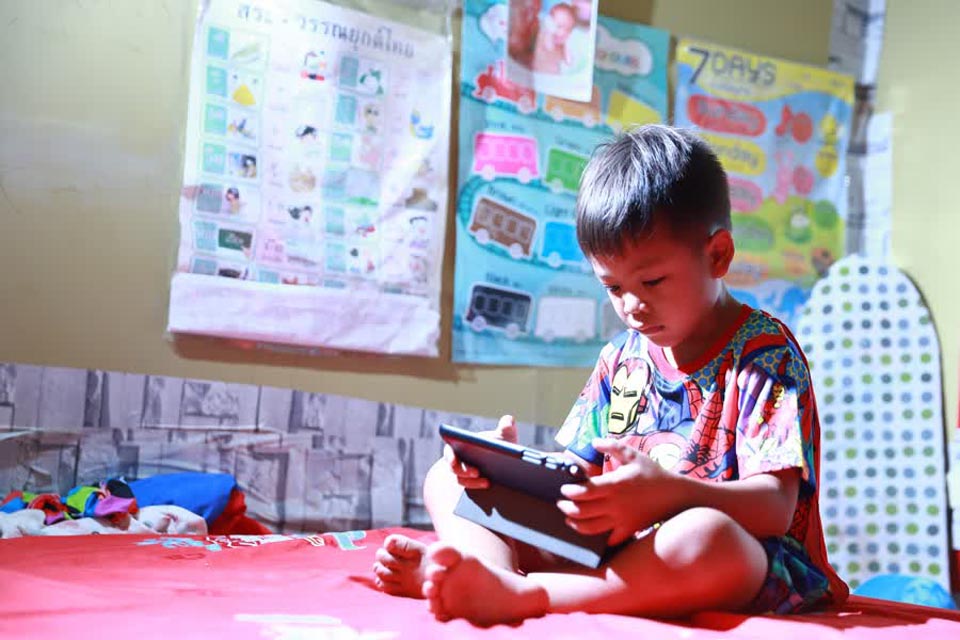
The Equitable Education Fund or EEF, in cooperation with UNESCO and education partners, will hold a Southeast Asia-wide academic conference by which to identify solutions at speed, reduce educational inequality, restore learning to affected students, while also pushing for a teacher development framework jointly with education leaders from 11 countries.
With many schools currently closed, consequent remote learning in the age of COVID-19 could leave millions of students behind in education. According to a survey by the World Bank Thailand, the COVID-19 pandemic has escalated educational inequality by many folds. School closures affected 369 million out of 375 million children worldwide, about 50 million of which are in Southeast Asia.
The EEF’s cultivation of education partnership with the Ministry of Education, Princess Maha Chakri Award Foundation, UNESCO (United Nations Educational, Scientific and Cultural Organization), UNICEF (United Nations Children Fund) Thailand, SEAMEO (Southeast Asian Ministers of Education Organization), and Save the Children is coming together in an upcoming event called the “Regional Conference on Teachers and Equitable Education: All for Education in Southeast Asia”, to set the stage for brainstorming and exchanging ideas at the regional level.
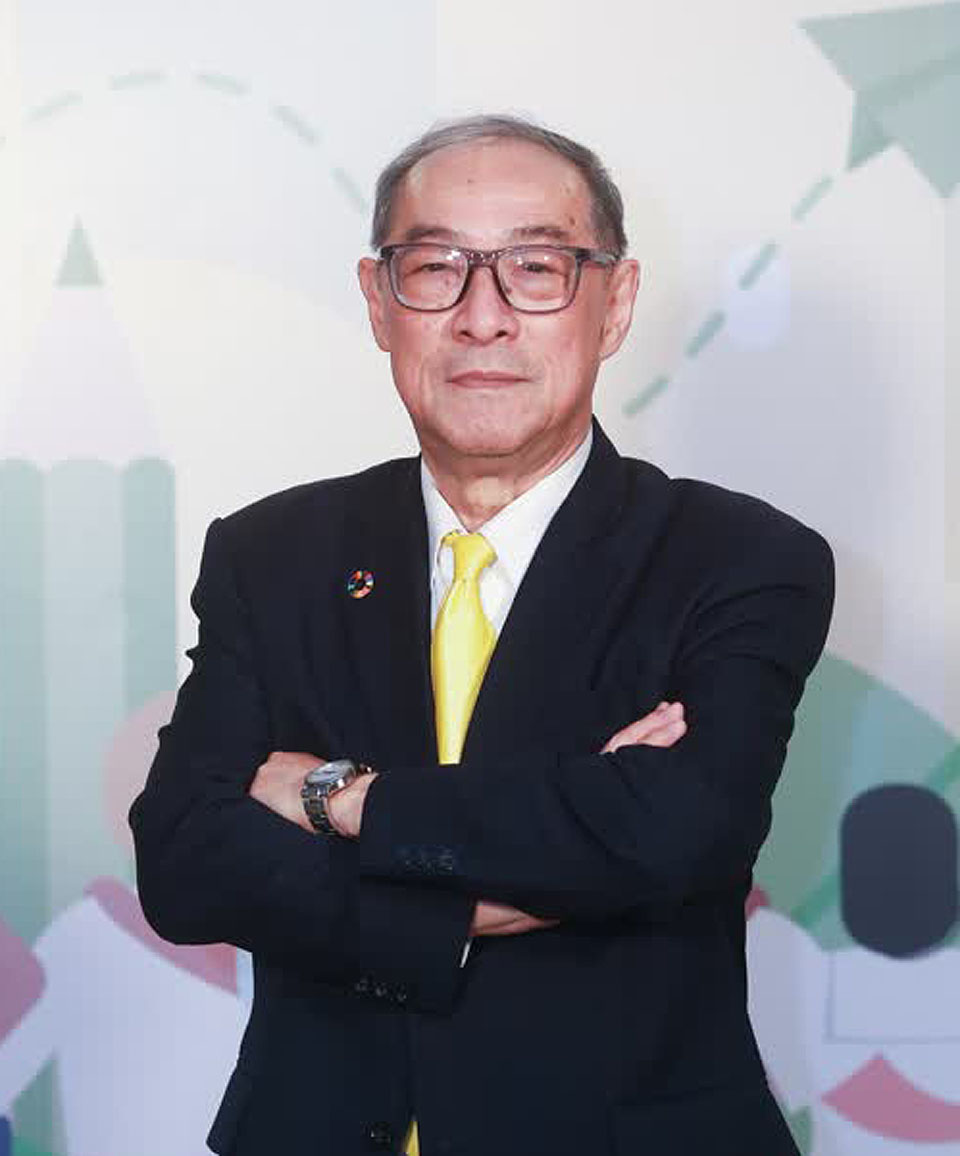
“What is found to be most concerning after following up on the impacts of COVID-19 is learning loss,” said Dr. Krissanapong Kirtikara, Chairman of the Princess Maha Chakri Award Foundation and Advisor of Governing Board, Equitable Education Fund, Thailand. “Prolonged interruption in education strips away mathematical, language, and social skills. After parents, teachers contribute the most to child development. They each can teach thousands of students, and are therefore instrumental in effecting changes to achieve equitable education. The current COVID-19 situation rapidly altered the roles they need to play. They now have to actively approach and deliver learning materials to students who no longer have schools to go to. During the conference, we will see interesting examples of how each country approaches teacher development in order for education to adapt to the pandemic.”
There is clear indication from data that in Southeast Asia, remote learning was 50% less effective, accumulating to about half a year worth of learning lost. Only 57.8% of Thai children have access to computers. Among the poorest children, only 57% have access to the internet. In Indonesia, 34.5% of children have no access to remote learning at all. In the Philippines, when schools were closed or online learning was used instead, at least 1.1 million students did not even register in the most recent academic year. One overarching objective of the conference is therefore to foster exchange of expertise as to how each country increased the potential and capability of teachers in pursuit of solutions conducive to equitable education amidst COVID-19 challenges at the regional, national, and local levels.
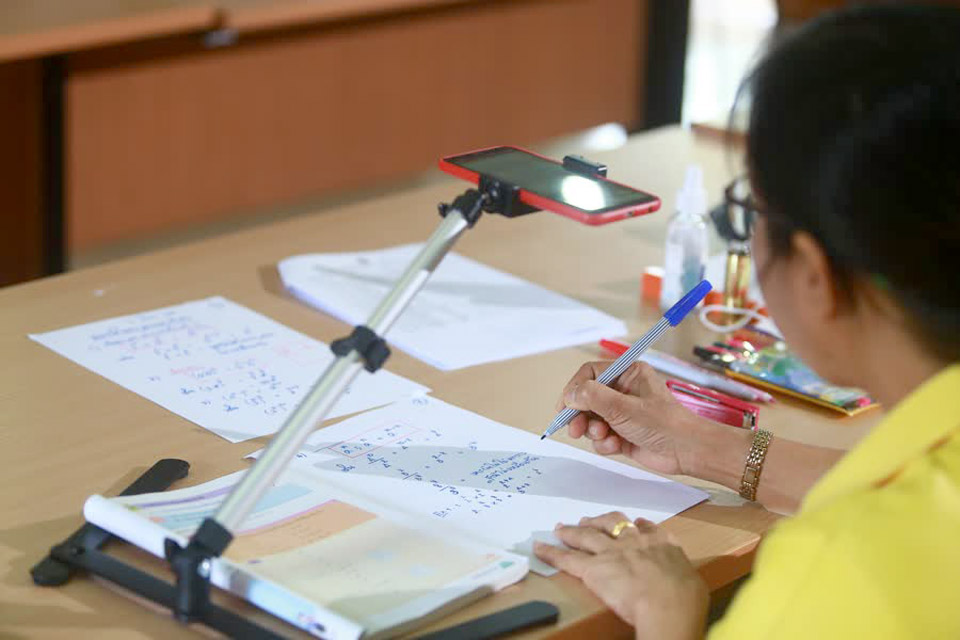
The conference is scheduled to take place on 29–30 October 2021. The first day commences with the 4th Princess Maha Chakri Award Ceremony 2021. The prestigious awards are bestowed on eleven outstanding teachers from 11 ASEAN countries and Timor-Leste by HRH Princess Maha Chakri Sirindhorn, in recognition of their exemplary roles in changing students’ lives and contributing to education. After the ceremony, HRH Princess Maha Chakri Sirindhorn will deliver a special lecture to the conference attendees on Her Royal Highness’s undertaking of building educational opportunities for children and juveniles affected COVID-19, and of developing of teachers and educational institutions in Southeast Asia.
On 30 October, the conference becomes a stage for policymakers, experts, academics, and award-winning teachers from various countries, namely Southeast Asian countries, Finland, Japan, and the United States, to brainstorm on pressing matters. The topics include lessons learned from each country’s efforts on equitable education mid-pandemic; case studies and educational innovations; methods to cope with students’ learning loss; a support system to help teachers overcome challenges; management strategies for educational crises at the local and national levels arising from, for example, minorities, wars, or any other dire situations obstructive to teaching and learning; provision of systematic support for teachers in Singapore through teacher professional development institutions; and viewpoints from the United States, Finland, and Japan as to the development of social-emotional learning as well as other educational novelties.
The “Regional Conference on Teachers and Equitable Education: All for Education in Southeast Asia” is poised to set in motion the recognition and rectification of educational damages and learning loss, as well as laying out the framework for implementing teacher development policies in all eleven countries. Registration for interested parties to attend the conference on 30 October 2021 is now open at www.afe2021.eef.or.th. (NNT)
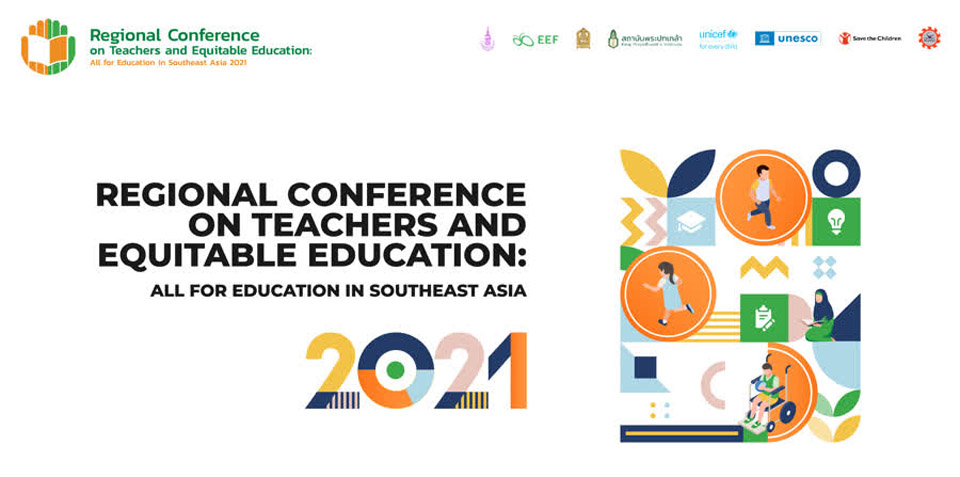
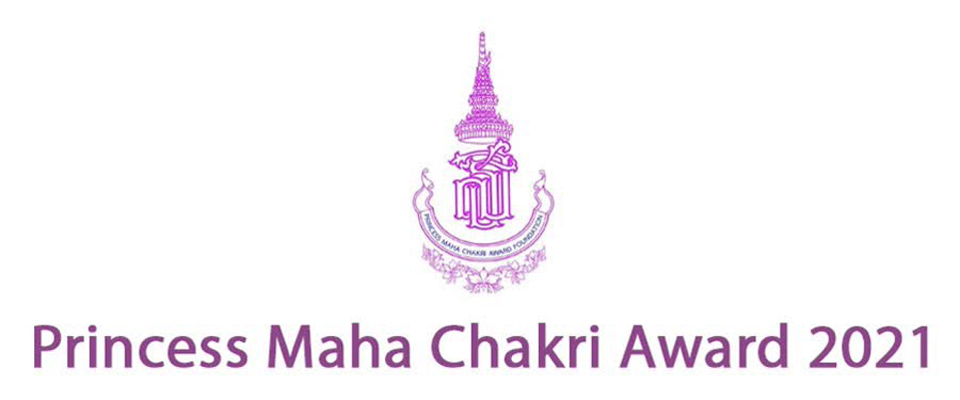
 |
 |
 |





